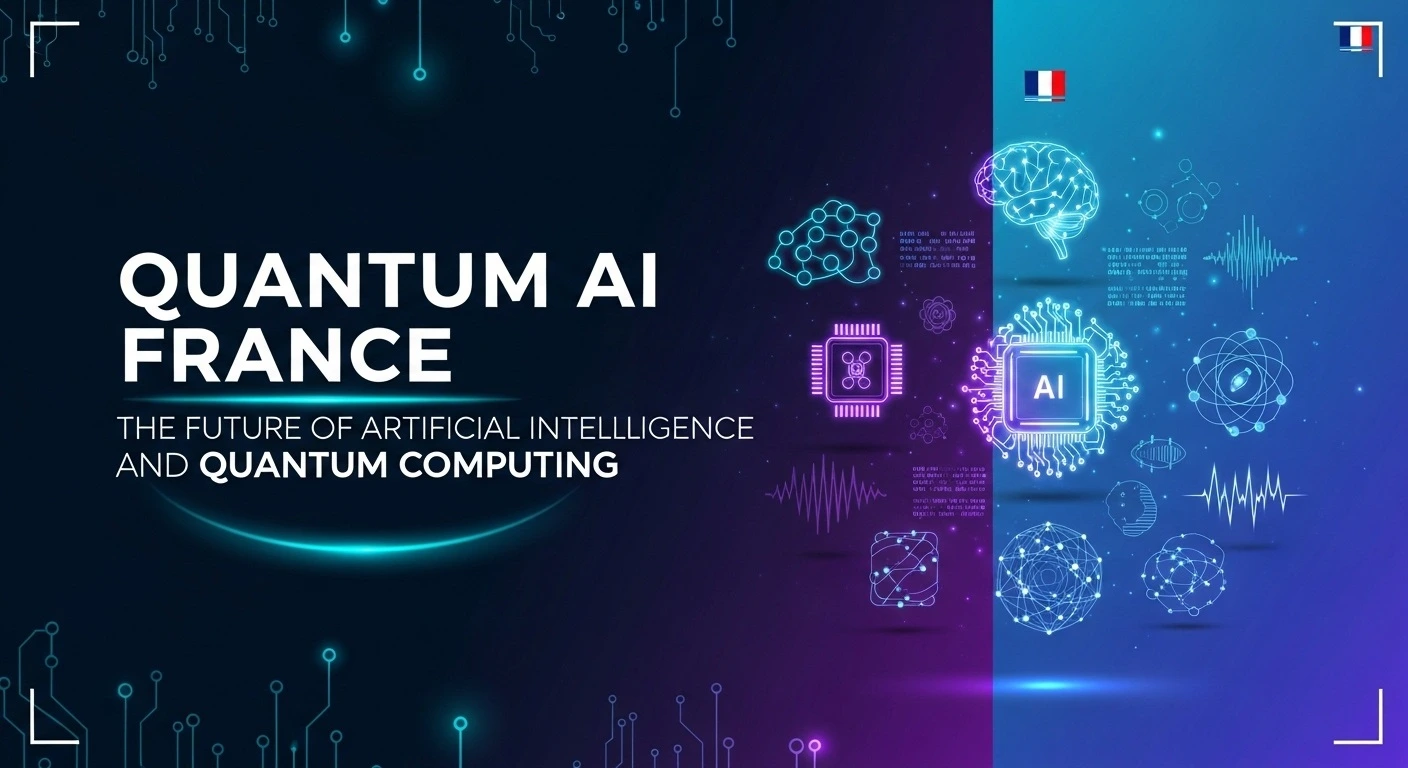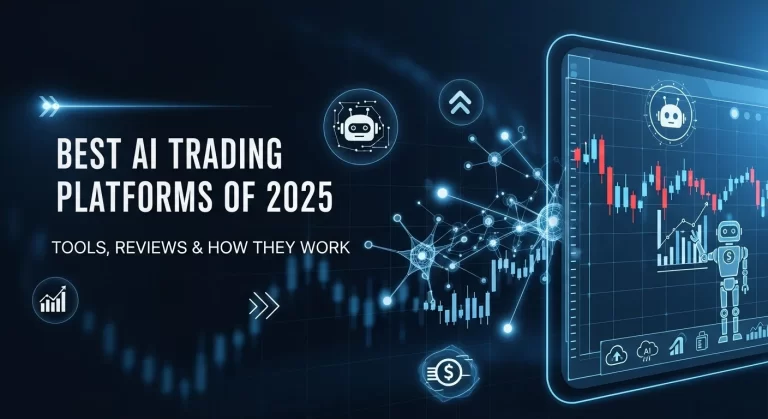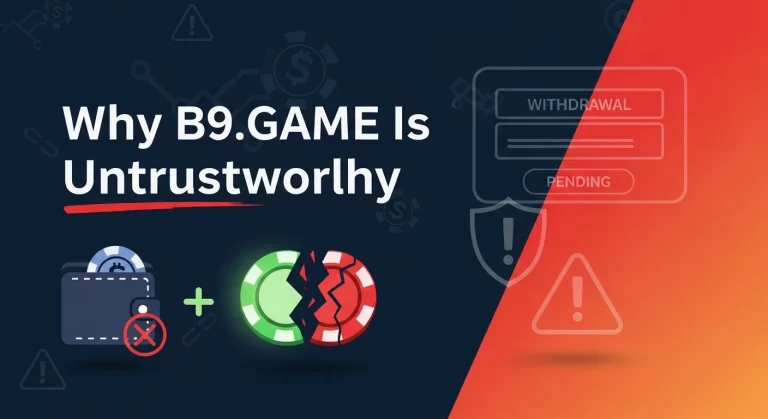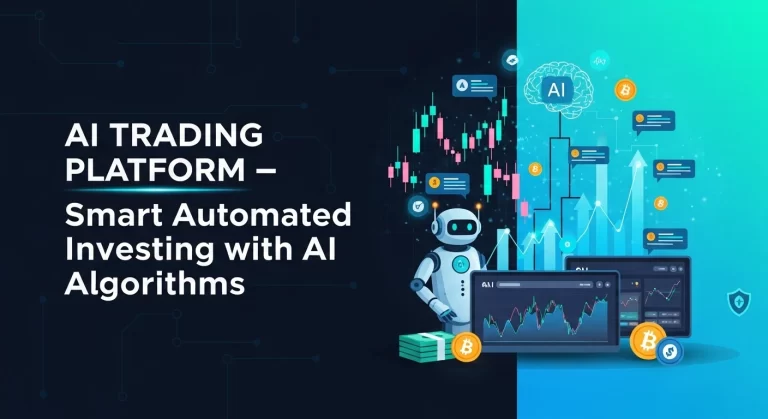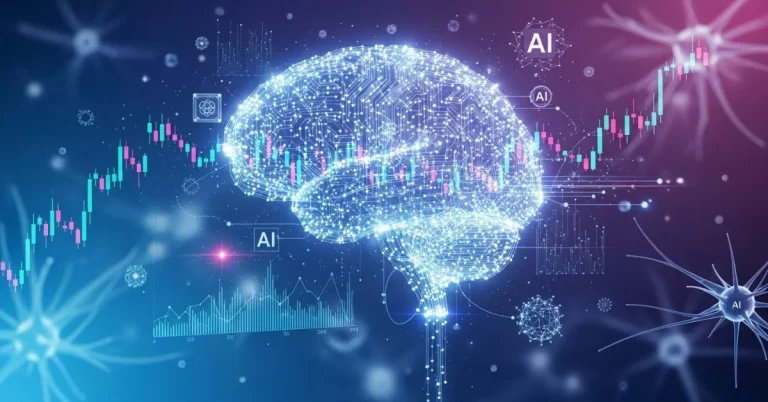Quantum AI France: The Future of Artificial Intelligence and Quantum Computing
Quantum AI is rapidly transforming how we think about computing and artificial intelligence. In today’s fast-paced tech landscape, France is emerging as a key player in blending AI with quantum computing to solve problems that classical computers struggle with. From enhancing machine learning algorithms to optimizing complex industrial processes, Quantum AI promises a new era of innovation.
Understanding this convergence is crucial for tech professionals, researchers, and business decision-makers looking to stay ahead. This article explores what Quantum AI France is, its applications, the role of France in this cutting-edge field, and the future trends shaping global technology.
What is Quantum AI?
Quantum AI refers to the combination of quantum computing and artificial intelligence, creating systems capable of processing vast amounts of data at unprecedented speeds. By leveraging quantum principles such as superposition and entanglement, AI algorithms can be significantly accelerated, offering solutions to problems that are intractable for classical computers.
AI vs. Generative AI
Traditional AI uses classical computing to analyze data, identify patterns, and make predictions. Generative AI, a subset of AI, takes this further by creating new content, such as images, text, or music, using learned patterns. Examples include:
- ChatGPT: Generates human-like text for conversational purposes
- DALL·E: Produces realistic images from textual descriptions
- MidJourney: Creates artistic interpretations based on prompts
While classical AI handles large datasets efficiently, integrating AI with quantum computing can enable generative models to learn and adapt even faster, opening doors to highly advanced creativity and problem-solving.
Quantum Computing Basics
Quantum computing differs fundamentally from classical computing. Key concepts include:
- Qubits: Unlike bits that are either 0 or 1, qubits can exist in superposition, representing multiple states simultaneously.
- Entanglement: Qubits can be interlinked, allowing instant correlation of states across distances.
- Superposition: Enables a quantum computer to process vast combinations of possibilities at once, vastly increasing computational power.
These principles make quantum computers ideal for tasks involving complex simulations, optimization problems, and AI workloads that require massive parallel processing.
How AI Integrates with Quantum Computing
AI can be integrated with quantum computing through hybrid quantum-classical systems, where classical computers handle general processing while quantum processors (QPU) tackle the most computationally intensive parts.
Quantum algorithms such as Quantum Support Vector Machines or Quantum Neural Networks are specifically designed to accelerate machine learning, offering improved performance in pattern recognition, optimization, and predictive modeling.
Applications of Quantum AI
The fusion of AI and quantum computing is not just theoretical—it has practical applications across multiple industries.
Healthcare and Drug Discovery
Quantum AI can revolutionize drug discovery by simulating molecular interactions at the quantum level, drastically reducing the time required for testing new compounds. For example:
- Predicting protein folding accurately
- Modeling drug-receptor interactions
- Accelerating clinical trial simulations
As Dr. Marie Dubois of the French National Center for Scientific Research (CNRS) explains:
“Quantum AI allows us to explore molecular landscapes that were previously impossible to analyze with classical computing, offering the potential for faster and more precise drug development.”
Finance and Optimization
In finance, Quantum AI can enhance portfolio optimization, risk assessment, and fraud detection. Quantum algorithms can analyze millions of variables simultaneously, enabling faster decision-making in volatile markets.
Examples include:
Optimizing investment portfolios with quantum-enhanced predictive analytics
Detecting anomalies and potential fraud patterns faster than classical methods
Cybersecurity
Quantum AI also strengthens cybersecurity by:
- Detecting complex threats in real-time
- Optimizing encryption methods using quantum-resistant algorithms
- Simulating attack scenarios for vulnerability testing
This synergy of AI and quantum computing creates a proactive approach to cybersecurity challenges.
The Rise of Quantum AI in France
France is increasingly positioning itself as a hub for Quantum AI research and innovation.
Key Research Labs and Startups
Several French institutions are leading the charge:
- CEA (Commissariat à l’énergie atomique et aux énergies alternatives): Conducts foundational quantum research
- Pasqal and Alice&Bob: Startups focused on building scalable quantum hardware and quantum AI applications
- CNRS and INRIA: Provide research support and collaboration opportunities
- These labs foster innovation, bridging academic research with practical commercial applications.
Government and EU Initiatives
France benefits from significant government support and European Union initiatives:
- France 2030 Quantum Plan: Invests billions in quantum computing infrastructure and research
- EU Quantum Flagship: Promotes collaboration between European countries to accelerate quantum technology adoption
These initiatives aim to strengthen Europe’s competitiveness in the global AI and quantum landscape
France’s Role in the Global Quantum AI Landscape
With its strong research ecosystem and strategic government funding, France is poised to compete with global leaders such as the USA, China, and Canada. French innovations in quantum machine learning and hybrid AI models are setting new benchmarks for AI-powered problem-solving.
Technical Insights
Quantum Circuits and QPU Architecture
Quantum AI systems rely on Quantum Processing Units (QPU), which perform computations using quantum circuits.
Key elements include:
- Gates and circuits: Quantum gates manipulate qubits similarly to classical logic gates but operate on superposed states
- Quantum error correction: Vital for maintaining computational integrity amidst decoherence
- Scalability: Current architectures are being optimized to handle more qubits reliably
- Challenges: Decoherence and Error Correction
Quantum systems are highly sensitive to decoherence, the loss of qubit states due to environmental interference. Error correction techniques, such as surface codes, are critical but computationally expensive. Overcoming these challenges is essential for practical Quantum AI deployment.
Generative AI and Large Language Models in Quantum AI
Overview of Generative AI Capabilities
Generative AI creates content based on learned patterns, and its capabilities are enhanced when paired with quantum computing:
- Faster training times for large models
- Better handling of complex, high-dimensional datasets
- Enhanced predictive accuracy and creativity
- Quantum AI Enhancing Machine Learning Performance
Quantum AI accelerates machine learning algorithms by processing multiple data states in parallel, making it possible to train models more efficiently. For instance:
- Quantum-enhanced neural networks can learn features faster than classical counterparts
- Quantum reinforcement learning can optimize decision-making processes in simulations
Examples: ChatGPT, DALL·E, and Other AI Tools
While tools like ChatGPT, DALL·E, and MidJourney currently operate on classical systems, future quantum-powered versions could:
Generate content with improved contextual understanding
Produce creative outputs in significantly less time
Handle more complex datasets for specialized industries like healthcare and finance
- Future Trends and Opportunities
- Emerging Technologies in Quantum AI
- Next-generation technologies include:
- Quantum Natural Language Processing (QNLP)
- Quantum generative adversarial networks (QGANs)
- Hybrid quantum-classical AI frameworks
These advancements will enable applications previously considered impossible due to computational limitations.
Industry Applications and Commercialization
Quantum AI commercialization is accelerating, particularly in:
- Pharmaceuticals and biotech
- Financial modeling and insurance
- Cybersecurity solutions
- Supply chain optimization
Businesses adopting Quantum AI early may gain significant competitive advantages.
France’s Role in Global Trends
France’s investments and startups are positioning it as a key player in global quantum innovation. With EU collaborations, French research labs are shaping standards and applications that will define the next generation of AI and computing technologies.
Challenges and Ethical Considerations
Technical Limitations
- Quantum AI is still in its infancy, facing:
- Limited qubit coherence times
- Hardware scalability issues
- High costs of quantum hardware
- Data Privacy and Responsible AI
Ethical concerns include:
- Ensuring AI decisions remain transparent
- Preventing bias in quantum-enhanced machine learning models
- Protecting sensitive data in quantum computing environments
- Responsible development frameworks are essential to balance innovation with societal safety.
Frequently Asked Questions
What is Quantum AI and how does it work?
Quantum AI combines artificial intelligence with quantum computing to accelerate complex computations using qubits, superposition, and entanglement.
How is France contributing to Quantum AI research?
France supports Quantum AI through research labs (CEA, CNRS), startups (Pasqal, Alice&Bob), and government/EU funding initiatives such as France 2030 and the Quantum Flagship program.
What industries will benefit most from Quantum AI?
Healthcare, finance, cybersecurity, and logistics are among the sectors expected to see the most impact.
Conclusion
Quantum AI represents a transformative frontier where artificial intelligence meets quantum computing. France is emerging as a pivotal player, with strong research labs, startups, and government initiatives driving innovation.
As hybrid quantum-classical systems mature, businesses and researchers will gain access to unprecedented computational power, enabling breakthroughs in drug discovery, financial modeling, cybersecurity, and beyond.
The future of Quantum AI is promising, and France is at the heart of this revolution—offering opportunities for professionals, decision-makers, and innovators to engage with a technology poised to redefine the limits of artificial intelligence.
Visit piattaformaditradingdielonmusk.it to Explore Quantum AI developments today on and stay ahead in the era of quantum innovation.

David Hannery shares simple, helpful tips about the Monkey App on monkeyapppro.com. From features to safety, every guide is written to make your app experience better.

